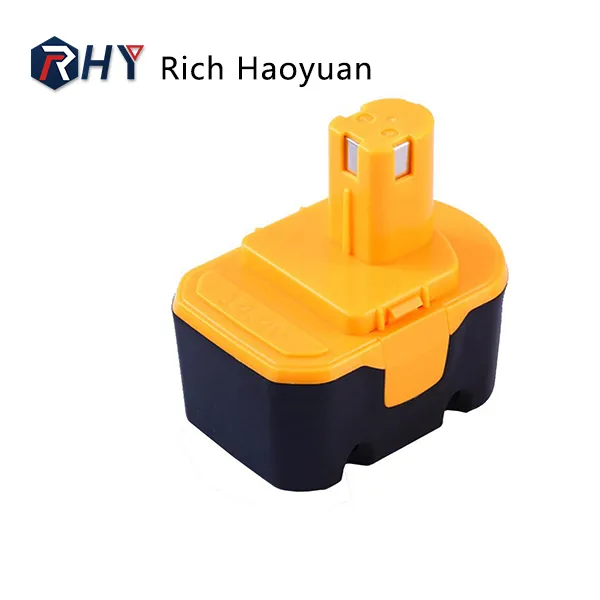Together for An Electric Future.
It is important to understand the characteristics of different types of batteries, the latest developments in battery technology, and how to make wise choices based on your specific needs when selecting replacement batteries that are suitable for your power tools. This article will delve into these aspects to help you make the best decisions.

The common types of Power tool batteries in the market mainly include lithium ions (Li ion), nickel hydrogen (Ni MH), and nickel cadmium (Ni Cd). Lithium ion batteries are widely popular due to their high energy density, lightweight, and no memory effect. In contrast, nickel hydrogen batteries are more environmentally friendly, while nickel cadmium batteries are favored by some professional users due to their good durability and low-temperature performance.
The voltage and capacity of the battery are key factors that determine the performance of the tool. The voltage (V) determines the power of the tool, while the capacity (mAh or Ah) affects the running time of the tool. When selecting voltage, ensure compatibility with your tool; When selecting capacity, it is necessary to consider the work requirements. Higher capacity means longer usage time, but it may also mean heavier battery weight.
Charging time is an important consideration for users who frequently use electric tools. Some modern batteries are equipped with fast charging technology, which can greatly shorten charging time. In addition, the cycle life of the battery - the number of times it can be charged and discharged - is also an important consideration factor. Choosing batteries with long lifespan can reduce replacement frequency and lower long-term costs.
High quality Power tool batteries not only provide excellent performance, but also have various safety protection measures, such as overcharging, over discharging, and short circuit protection. In addition, some batteries are equipped with LED level indicators, fire-resistant material casings, and impact resistant designs, all of which are additional features worth considering.
When choosing batteries, it is increasingly important to consider their environmental friendliness and sustainability. Nickel hydrogen batteries are often considered a more environmentally friendly option than nickel cadmium batteries. Furthermore, it is wise to consider the brand's commitment to battery recycling and sustainable production when choosing.
Although many third-party manufacturers offer replacement batteries that are compatible with multiple brands of power tools, ensuring that the selected battery is fully compatible with your tool is crucial. When using unofficial batteries, understanding the brand's reputation and product reviews can help ensure that you obtain high-quality and reliable products.
Choosing the appropriate Power tool battery is key to ensuring optimal performance of your tool. Considering multiple factors such as battery type, voltage and capacity, charging time, cycle life, safety, environmental friendliness, brand and compatibility, we can help you make wise choices. Remember, investing in high-quality batteries not only improves your work efficiency, but also ensures safe use and reduces environmental damage.